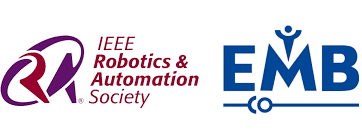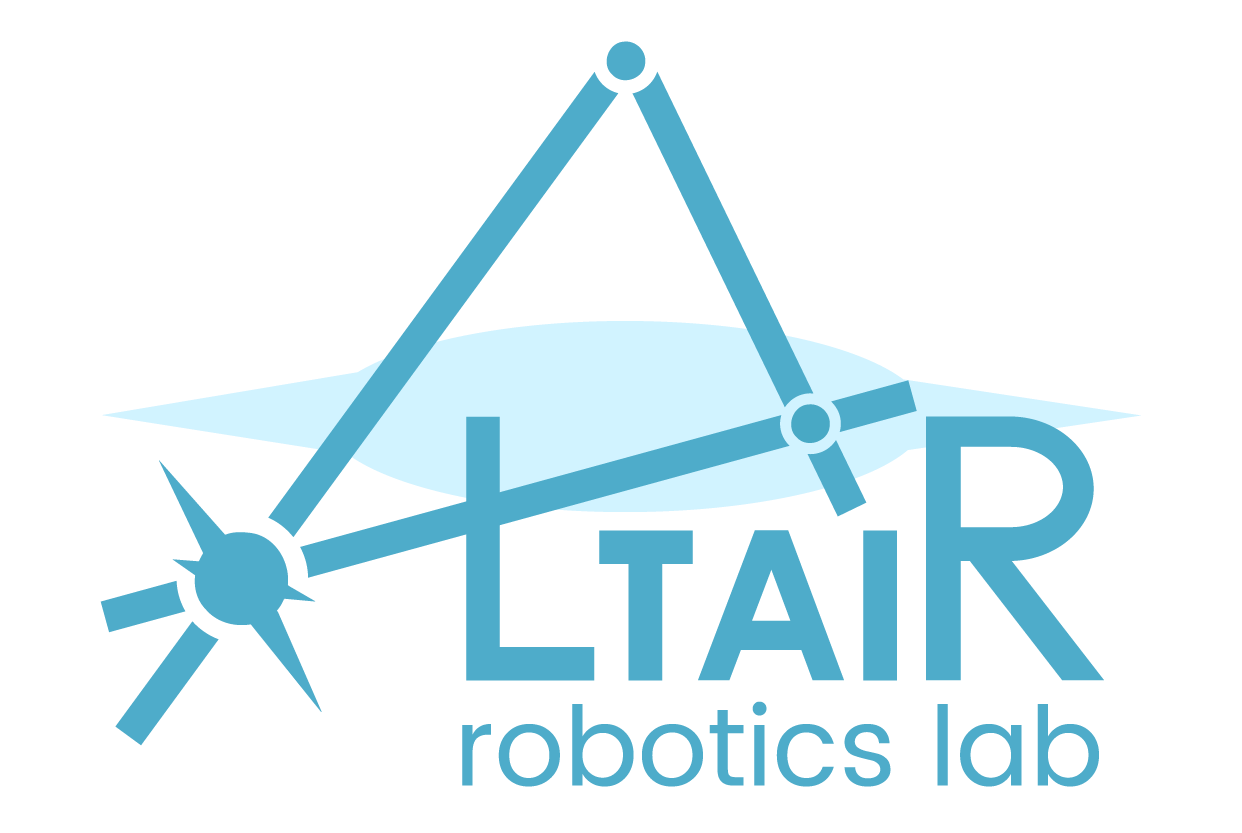
IEEE T-MRB Call for Papers
IEEE Transactions on Medical Robotics and Bionics (IEEE-TMRB) Special Issue / Section on Sensors for Physical Interaction and Perception in Minimally Invasive Robotic Surgery
Guest Editors: Prof. Paolo Fiorini, University of Verona, Italy, and Dr. Giovanni Gerardo Muscolo, University of Verona, Italy
Deadline for papers submission: 15 September 2022
This special issue/section aims at presenting contributions on sensors for monitoring and rendering physical interaction to increase perception in surgical robotics, such as, for example, force/torque, contact, proximity, virtual sensors and their corresponding feedback devices.
Robotic surgery is a research field in continuous evolution and many aspects are still to be optimised to develop more complex clinical operations. Ten years ago, artificial intelligence was not considered for surgical systems; Da Vinci was the only surgical robot available on the market; 3D printing was a promising technology potentially useful for robotic surgery; and microsurgery was developed to increase precision. Today, the European Commission has defined the ethical guidelines of artificial intelligence in all sectors of technology, including surgical robotics; many surgical robots are being developed or tested in the market and 3D printing is a viable tool for medicine. However, one big problem that still remains unsolved is the sensorization of surgical tools: designs still rely on classical configurations, fabrication is very challenging, and sterilization of electronics prevents embedding sensors in the instruments. Furthermore, data collected by sensors are fed back to the users by simple devices that can rarely support a good perception, thus sensors and feedback devices should be optimized for joint operation, which is not presently done.
This special issue/section will contribute to clarify the field, help defining the promising technologies and their applications, and list the progress in using interaction data to simplify surgery tasks. Interaction among sensors and new haptic devices for increasing perception in surgeons are others interesting aspects included in the topics of the special issue/section.
Topics include, but not limited to:
- Force/Torque Sensors for Surgical Robotic Instruments;
- Force Feedback, Estimation and Measurement;
- Optical Fibre Sensors;
- Tactile and proximity Sensors;
- Vision and Virtual Sensors;
- Design of Micro-Electro-Mechanical-Systems (MEMS) Load Cell for Surgery;
- Strain Gauges and Fibre Bragg Grating (FBG);
- Multi-Axis Force Platforms and Stewart Platform;
- Suture Tensile and Tool-Tissue Interaction;
- Smart Instruments and Tissue Palpation;
- Flexure Hinge and Force Decoupling.
- Modelling, Control and Design of Micro Force/Torque Sensors;
- Machine Learning and AI for Sensory data Analysis and Validation;
- Disposable Sensors and Sterilization;
- Design of Haptic Devices with Force and touch rendering for Telesurgery;
- Interaction Among Sensors for Perception in Robotic Surgery.
The journal also welcomes survey and commentary papers providing: critical, systematic review of research areas and trends within its scope; evidence-based studies on early clinical validation of robotic or bionic technologies, and contributions on ethical, social, economic, and organizational aspects concerning robotics and/or bionic solutions for medical and healthcare applications.
Submissions are OPEN!
